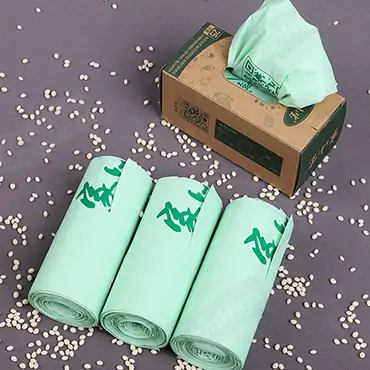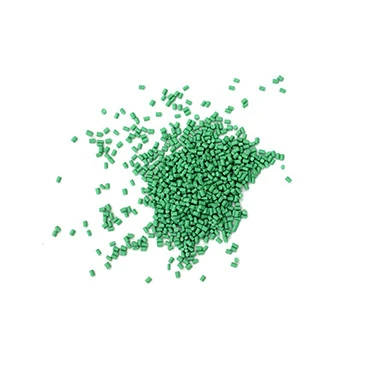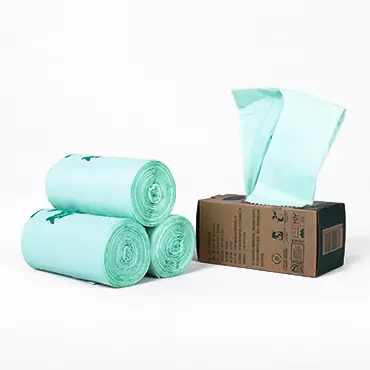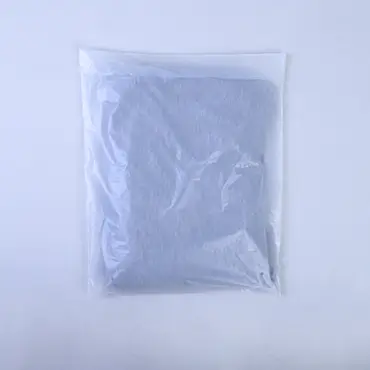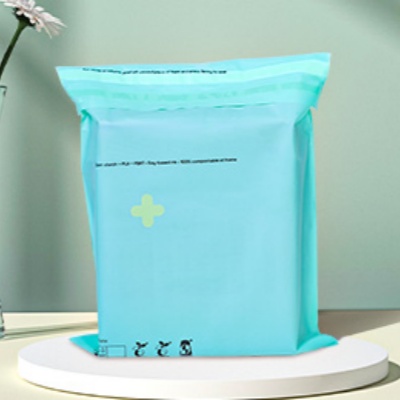
Introduction
As global environmental issues worsen, typical plastics harm ecosystems due to their difficulty in natural decomposition. To address this, many countries have passed laws restricting regular plastics and promoting biodegradable ones. Biodegradable resins, like XH-918, have emerged as eco-friendly alternatives with broad prospects. Let’s unravel the mystery of biodegradable resin XH-918. This article will introduce our resin such as the characteristics and versatility of biodegradable resins. Besides, after reading this post, you will know more about how to store biodegradable resins.
What is Biodegradable Resin?
ShinHigh Bio specializes in biodegradable resins, masterbatches, and compostable bags. XH-918 is a plant-based biodegradable resin made from PLA, PBAT, and cornstarch. Polylactic acid (PLA) is a renewable biodegradable material. They are made from starch derived from plants (such as corn, cassava, etc.). PBAT is a thermoplastic biodegradable plastic, which is a copolymer of butylene adipate and butylene terephthalate. It has the characteristics of PBA and PBT and has great ductility, as well as good heat resistance. In addition, it also has excellent biodegradability and is usually used for producing compostable bags.
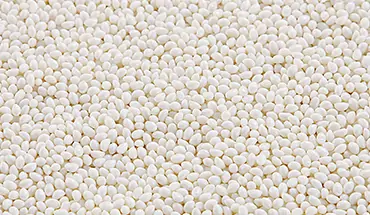
PLA, PBAT, and corn starch all have great biodegradability and can be gradually decomposed into harmless substances such as carbon dioxide, water, and biomass through the action of microorganisms in the natural environment. They will not cause damage to the ecosystem and are conducive to sustainable development. The degradation process of PBAT and PLA is particularly efficient and can be completed in a shorter period. Corn starch, as an eco-friendly ingredient, accelerates this process.
What are the Characteristics of Biodegradable Resin?
-
Great Processing Performance
Biodegradable resin can be used in the usual plastic processing equipment for extrusion, injection, foaming and other thermoplastic processing technology to manufacture biodegradable products.
-
Excellent Physical Properties
These bio-based resins have great permeability, gloss, transparency, hand feeling and bio-compatibility. Therefore, biodegradable bags made of biodegradable resin have good sealing performance and high transparency.
This biodegradable resin is suitable for extrusion, injection, foaming and other processing technology. Based on its good quality, biodegradable resin can be widely used for manufacturing compostable food packaging bags, soil conditioners, medical supplies, daily necessities, etc.
-
Eco-Friendly
Plant-based resins can be rapidly decomposed into harmless substances such as water, organic fertilizer, etc. and will not cause long-term pollution to the natural environment. Besides, they could be degraded completely within a few months to a year. On the contrary, ordinary resins take decades or even hundreds of years to be degraded, thus causing long-term negative impacts on rivers or soil.
-
Certified Compostable
Bio-based resin has been certified by international authorities such as EU TUV and US BPI and complies with international standards such as EN 13432 and ASTM D6400. XH-918 modified resin from ShinHigh is made from a mixture of poly-lactic acid (PLA), polybutylene adipate (PBAT) and corn starch. Compostable bags made from XH-918 resin are softer and more durable and are highly competitive in domestic and foreign markets.
As a global biodegradability test standard, ASTM D6400 issued by BPI can be used for testing the biodegradability of raw materials and finished products. According to ASTM D6400, for a single polymer, more than 60% of compostable material must be decomposed into carbon dioxide, water and minerals under aerobic composting conditions within a maximum of 12 months.
According to ASTM D6400, for a blend, more than 90% of compostable material must be converted into carbon dioxide, water and minerals under aerobic composting conditions within a maximum of 12 months.
-
Versatility
Biodegradable resins from ShinHigh are versatile. It can be widely used for the production of compostable food packaging bags, beverage bottles, pharmaceutical packaging, agricultural films, fertilizer packaging bags, shopping bags, garbage bags, dog poop bags, courier bags and clothing bags. Its application range covers agriculture, medical care and other fields, providing environmentally friendly and high-quality packaging solutions for all walks of life.
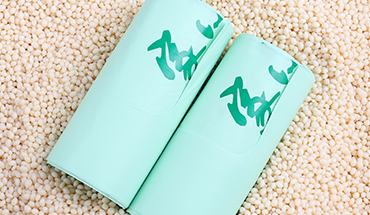
Besides, they are suitable for a variety of processing techniques to manufacture different products:
- Blown Film Extrusion: This is one of the commonly used processing methods for biodegradable resins. The molten resin is extruded through an extruder and cooled and stretched through an air ring to form a film. This process is suitable for the production of various packaging films, agricultural mulch films, etc.
- Injection Molding: Inject molten biodegradable resin into the mold, and obtain the desired shape of the product after cooling. This process is suitable for the production of various containers, tableware, toys, etc.
- Calendering: The molten resin is pressed into a thin sheet by a calender, and then the finished product is obtained through cutting, trimming and other processes. This process is suitable for the production of sheets, plates, etc.
- Hollow Blow Molding: Inject molten resin into the mold and expand it into a hollow product by blowing. This process is suitable for the production of hollow containers such as bottles and barrels.
How to Store these Eco-friendly Resins?
- Store it in a cool place. The temperature should vary from 15℃ to 28℃. Too high a temperature may cause the resin to soften or degrade faster, while too low a temperature may make the resin harden.
- Keep the storage environment dry to avoid moisture. Excessive humidity may cause the resin to absorb moisture, affecting its performance and use effect.
- Avoid direct sunlight. As ultraviolet rays will accelerate the decomposition of resins, you are supposed to store these resins in a place free from sunlight or block the light using dark packaging materials.
- It is recommended to use original packaging bags or containers with good sealing performance to prevent the intrusion of air or moisture. If repackaging is required, containers without impurities, dryness or odor are usually selected.
- For unused biodegradable resins, their inner or outer packaging should be kept intact to prevent the resin from being contaminated. Clean transparent plastic bags can be used as the inner packaging to keep the resin clean. Neutral plastic woven bags or custom compostable bags with brand logos can serve as outer packaging to protect the resin.
Conclusion
Biodegradable resin is favored by many customers all over the world for its superior performance and is an excellent choice to replace traditional plastics. With the continuous advancement of technology, this material will be widely used in more fields and contribute to the realization of sustainable development.

